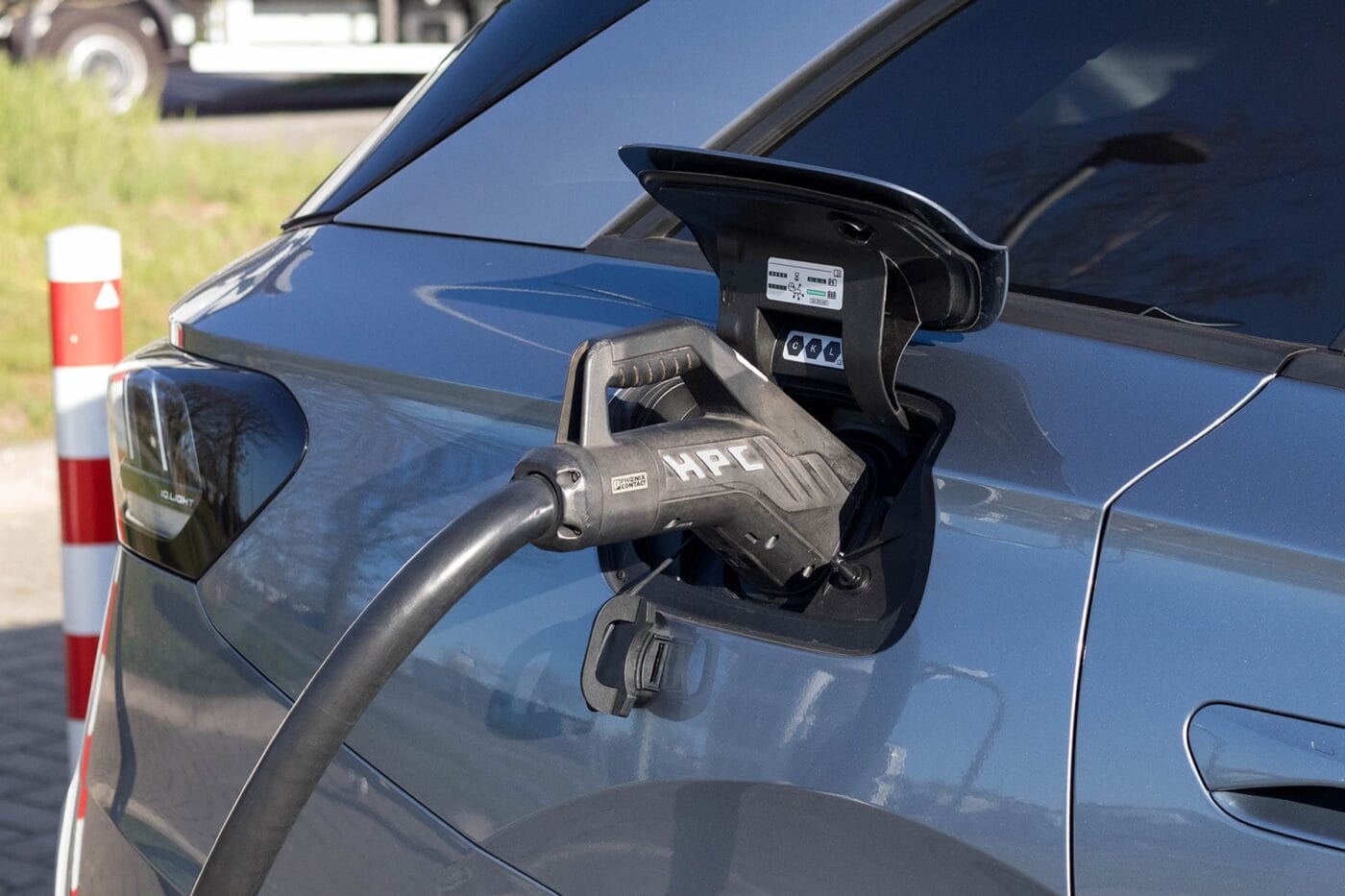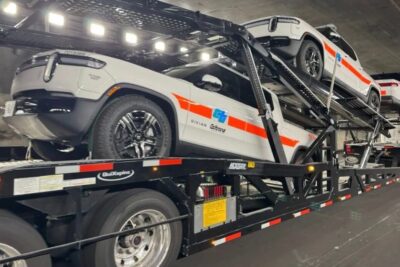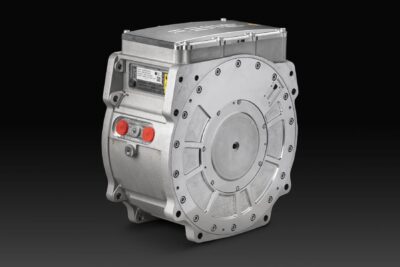Berlin confirms tax break for used electric vehicles under new investment law
The Act for an Immediate Investment Programme to Strengthen Germany as a Business Location – known as the Innovation Booster – includes a special depreciation scheme for electric vehicles. It allows companies to write off 75 per cent of the purchase price in the first year after acquisition, with lower rates in subsequent years.
The wording of the law refers to “newly acquired vehicles,” which had caused confusion and raised the question of whether used vehicles were included. Following a request from the German Motor Trade Association (ZDK), the federal government has now clarified that the programme does not only cover brand-new vehicles without prior registration. It also applies to used EVs, provided they are newly acquired for the business – in the words of the law, “first entry into the taxpayer’s business assets.”
The Innovation Booster introduces two major measures to stimulate demand among fleet customers. First, the declining-balance depreciation scheme applies to all newly acquired electric vehicles (not only cars) purchased between 30 June 2025 and 1 January 2028. Depreciation starts at 75 per cent in the first year, followed by ten per cent in the second year, five per cent in the third and fourth, three per cent in the fifth and two per cent in the sixth.
Second, the price threshold for taxing private use of electric company cars has been raised from 70,000 to 100,000 euros. More models now fall under the so-called 0.25 per cent rule. Only for vehicles above 100,000 euros gross list price do employees have to pay tax on one per cent of the gross list price per month as a benefit in kind. Below this threshold, the rate is reduced to a quarter, making electric company cars financially more attractive compared with combustion models.
Beyond e-mobility, the Innovation Booster also introduces a 30 per cent depreciation allowance for investments in movable assets and a gradual reduction in corporate tax. The government aims to encourage new investment by reducing the tax burden, so that companies regain liquidity more quickly after acquisitions.
The Innovation Booster was among the first measures adopted by the federal cabinet. The draft passed the committee stage in early June, received approval from the Bundestag at the end of June, and from the Bundesrat in mid-July.
kfz-betrieb.vogel.de, kfz-hessen.de
This article was first published by Cora Werwitzke for electrive’s German edition.





0 Comments